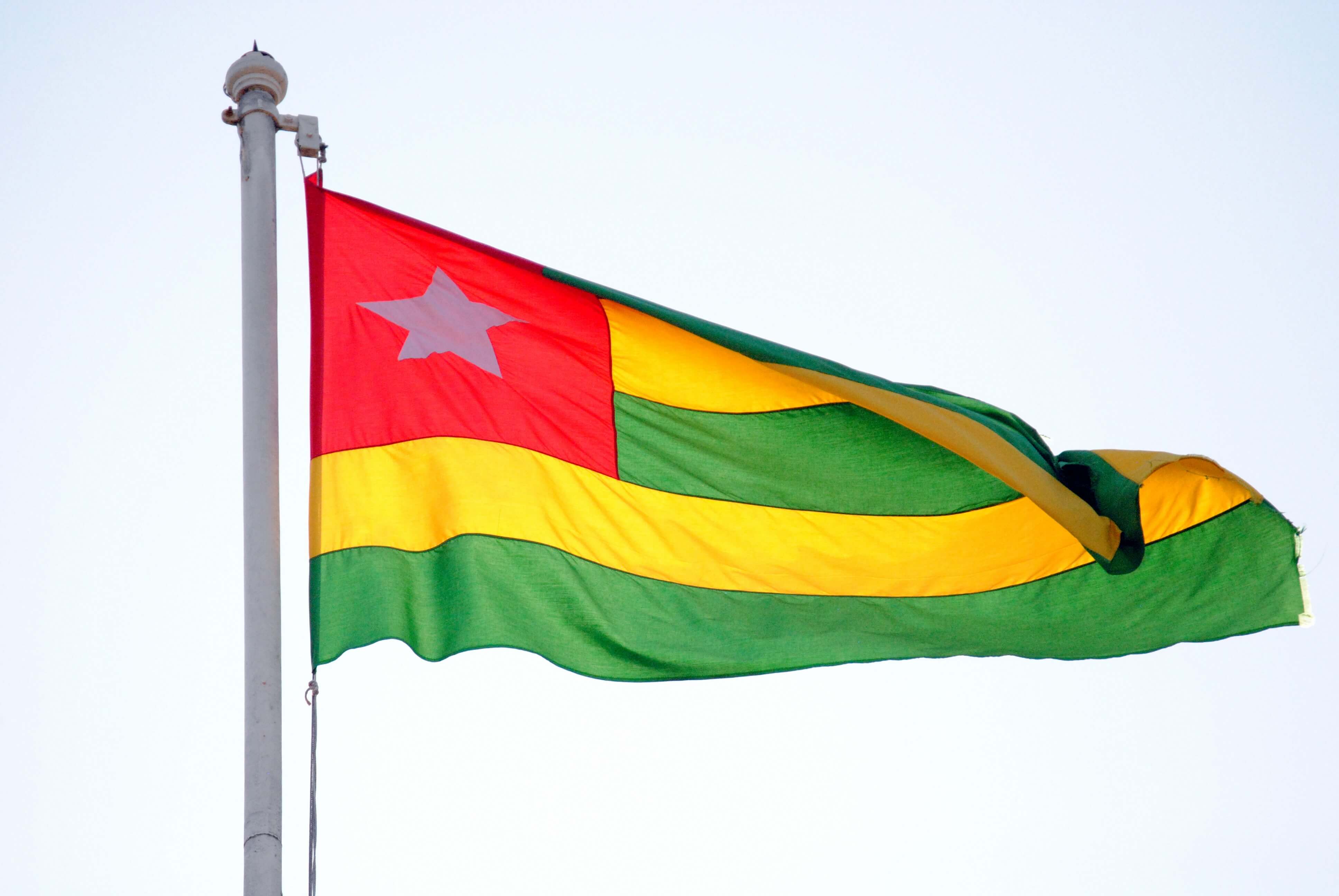The European Union has pledged €70 million for two Team Europe Initiatives (TEIs) in Togo. The first initiative, “Sustainable Agribusiness for Togo,” focuses on enhancing food security and preserving natural resources. The second initiative, “Energy and Connectivity for Togo,” aims to achieve 100% electrification by 2030 and expand access to digital services. The TEIs will help transform Togo's value chains for exports, boost job creation, and benefit over one million people. The contributions are part of the EU's “Global Gateway” strategy for sustainable development and job creation in partner countries.
The European Union (EU) is announcing a new contribution of €70 million for two Team Europe Initiatives (TEIs) to support agri-businesses, energy, and connectivity in Togo. The TEIs are in line with Togo's 2025 development plan in partnership with France, Germany, and the European Investment Bank. The agreements were signed by European Commissioner for International Partnerships Jutta Urpilainen and Prime Minister of Togo, Victoire Tomegah Dogbé, in Brussels.
The first TEI, “Sustainable Agribusiness for Togo,” aims to transform selected value chains, such as pineapples and cashew nuts, for enhanced food security, job creation, and preservation of natural resources and biodiversity. The initiative brings together the EU, France, and Germany to support Togo's agricultural industries in developing more productive and sustainable outcomes, including small farmers and their ecosystems. This initiative has already received €48 million from the EU budget and an additional €72 million from France and Germany since 2021.
The second TEI, “Energy and Connectivity for Togo,” aims to help Togo achieve 100% electrification by 2030, with 50% from renewable sources, and to become a digital champion by generalizing access to digital services for socio-economic inclusion. The initiative will potentially benefit over one million people, focusing on the extension, reinforcement, and increase in density of the electricity distribution network over 3500 km on the Togolese territory. Additionally, the TEI will generate 4.5 megawatts of energy from renewable sources through off-grid systems, notably in health centers and farms. This initiative has received €41.9 million from the EU budget and a further €85 million from France and Germany.
In addition to the two TEIs, the EU is supporting the decentralization process in Togo with €16 million from the EU budget and a further €70 million from France and Germany. Support is focused on equipping municipalities and territorial entities in Togo with the competencies and resources needed for socio-economic development, for example, by strengthening the role of local authorities as local service providers in areas such as solid waste management.
The EU's contributions to Togo are part of its “Global Gateway” strategy, which aims to promote sustainable development and job creation in partner countries. According to Jutta Urpilainen, the TEIs will help transform value chains for exports and boost job creation, while more than one million people will benefit from improved access to electricity. Prime Minister Victoire Tomegah Dogbé welcomed the signing of the agreements, saying that they materialize the convergence between Togo's government roadmap and the EU's “Global Gateway” strategy, which aims to accelerate the integration of Togolese agriculture into global value chains by relying on sustainable energy and strengthening connectivity.
Image provided by Clément GADO


